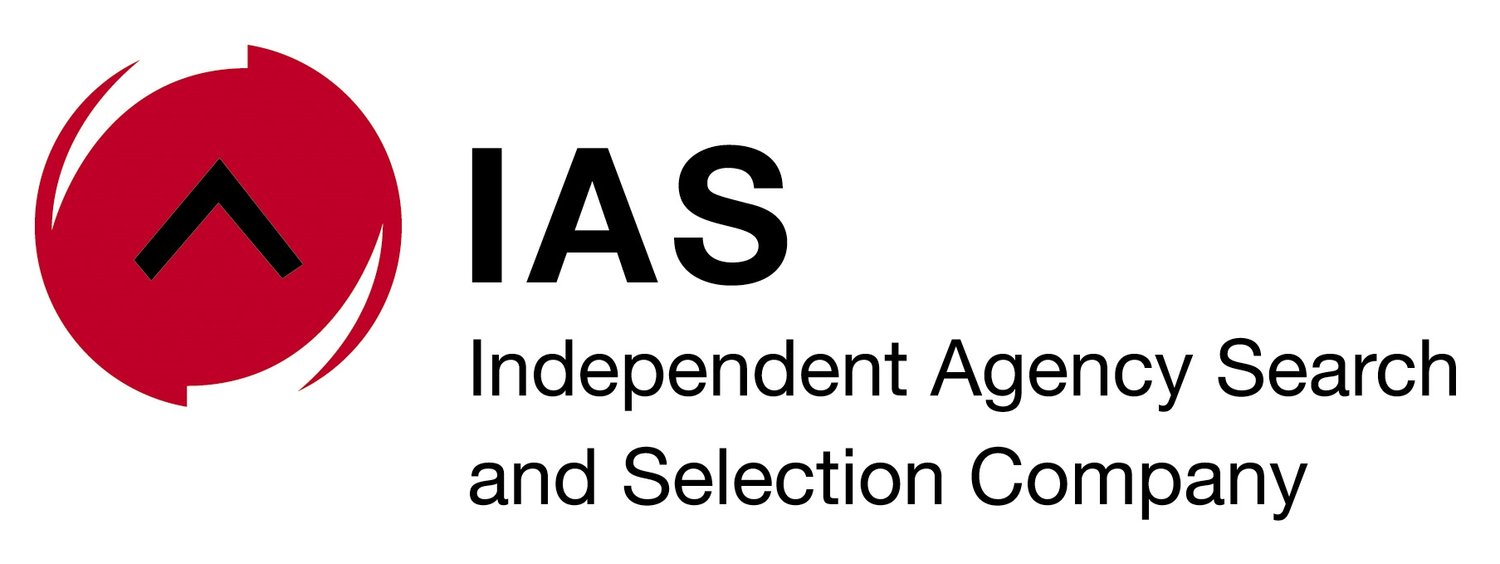With new business opportunities on the increase, are agencies ready and willing to divert their energies into pitching? And if so – what new questions should they be asking of the marketers who approach them?
2020 saw a markedly reduced appetite among marketers for selecting new agency partners. Our AGENCY SCOPE 2021 study in the UK saw a drop of almost 50% in cold calling during 2020 – the start of the pandemic. Cold calls (calls from different agencies) to CMOs in the UK decreased from an average of 58 in 2018/19 to less than 37 in 2020. And success rates were even lower than in previous years.
This formulated our view that during the pandemic, and with such levels of uncertainty, marketers preferred to limit their risks and stick with their agency partners until more certainty returned to the market.
In South Africa, the same trend happened – which we knew anecdotally from our own work within IAS – and we expect to see similar results for 2020 to the UK in the AGENCY SCOPE 2021 South Africa where results will be presented in the latter part of October 2021.
During the first few months of 2021, new business activity was fairly muted, picked up in Quarter 2 with some interesting new pitches across different sectors coming into play. Going into Quarter 3, we are seeing several enquiries and interest from marketers and we believe that marketers are now asking themselves if they do have the right agency partners in place for growth. Having taken an understandably more conservative and cautious view in 2020, it seems that marketers are focusing on their new needs in order to grow their businesses and meet company targets.
With the above in mind we think that agencies – although always keen to be involved in pitches – are asking themselves a different question. While always being intrigued, excited and delighted at the idea of new client opportunities, agencies are also dealing with less capacity than in previous years as a result of client budget cuts in 2020 and the resultant cut-backs in staff. This will result in agencies being less prone to jump into a pitch than before as they will need to evaluate a few things at the outset:
Is this a genuine pitch opportunity that will result in an agency appointment and real revenue increase?
Can we – as an agency – divert our teams off secure client business in order to pitch for new opportunities?
What will the opportunity costs be – if we pitch or if we do not? There are implications either way.
Are our teams resilient enough, following the hardships and sadness of COVID which has left many of us touched by the losses of family members and friends, to spend more time on chasing new client opportunities which may come to nothing?
Has the potential client included an intermediary in the process – as this tends to indicate a genuine search process?
We all know that agencies love and thrive on the opportunities to work on new brands and business sectors, but we see too that energy on both client and agency side is in short supply. Budgets notwithstanding, I do see the role that intermediaries have to play as being even more needed as both parties navigate their way through the new world that we are now in.
Intermediaries are much more than pitch consultants – we play in a variety of ways in the space between marketers and their agencies and our advisory role has grown in the past 12 months in particular – and for both parties.
Before marketers invite agencies to pitch – which they will hopefully allow an intermediary to facilitate – the questions they should be asking themselves are:
Do any of our existing agency partners have the capabilities that we are looking for to meet our new needs? Have we checked?
What precisely are our new needs?
How will we evaluate success if we appoint a new agency partner – and this follows on surely from why we wanted a review of our existing agency partners?
Are we looking to cut costs or grow our business? Is this a procurement exercise or a genuine marketing need?
The average corporate in South Africa works with at least four different types of agency: creative above line, digital performance and/or content, media and PR (corporate and brand). And the need for specialist agencies is increasing – we hear more about intersection than integration these days. Intersection is the “magic” that happens where marketers are working and encouraging their different agencies and work streams to collaborate.
With many marketers now valuing their agency relationships more strongly than before, as a result of the closer partnerships created during the worst of the pandemic, there will need to be real reasons to change agencies than ever before. These reasons will need to be clearly articulated, with real briefs, from the outset by wise marketers and should result in solid new agency appointments – where and if needed.


